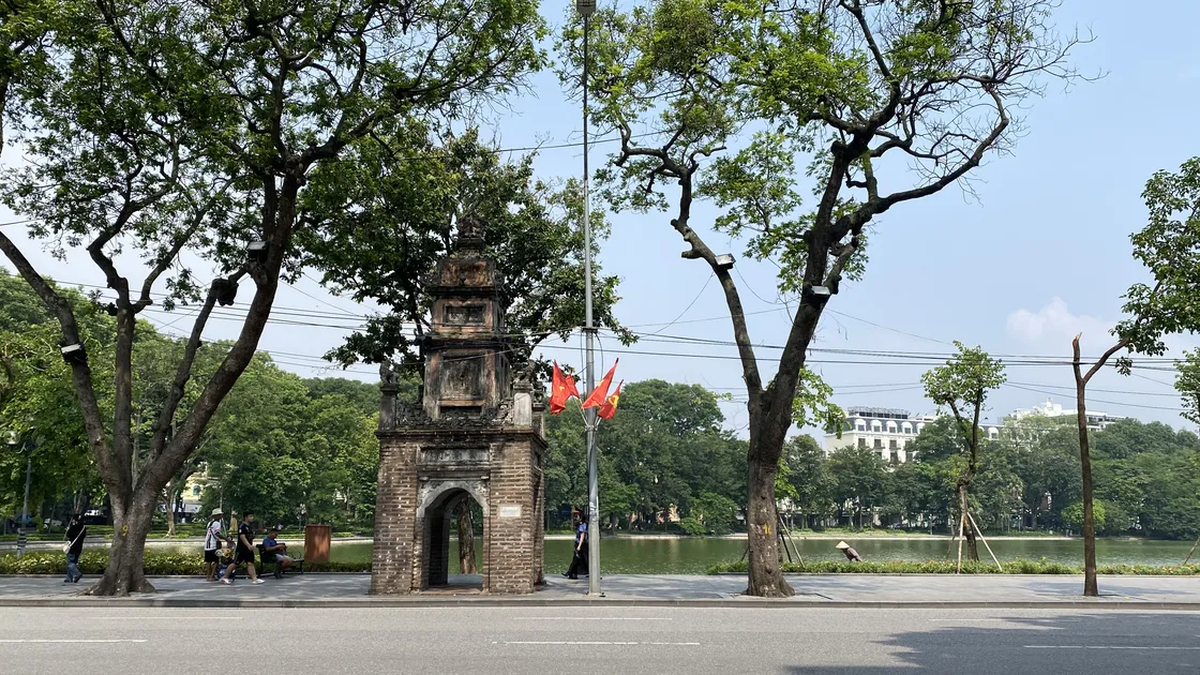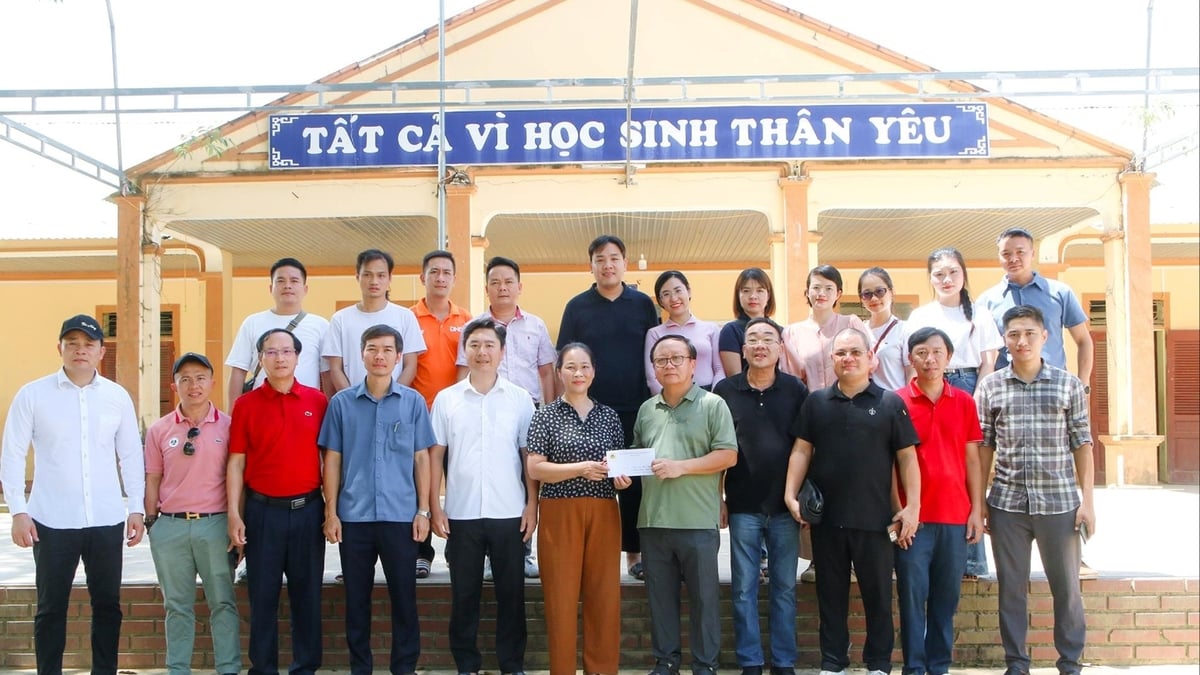Recently, a group of experts studying financial support policies for doctoral students in Japan proposed limiting this policy to international students and aiming to only apply it to Japanese doctoral students.
This group of experts operates under the management of the Japanese Ministry of Education .
If the proposal is approved by the authorities, the new policy will be implemented from April 2026.

Japan's doctoral student support policy may have strong fluctuations in the near future (Illustration: Japan Times).
The SPRING program supports pioneering research activities for those pursuing doctoral training programs in Japan, which was launched by the Japanese authorities in April 2021.
The program is aimed at encouraging doctoral studies, as the number of doctoral students in Japan is declining due to concerns about costs and job opportunities.
According to data from the Japanese Ministry of Education, in 2024, a total of 10,564 doctoral students received support from the SPRING program, of which 4,125 were international students.
Meanwhile, the number of Japanese PhD students applying for doctoral degrees in 2024 decreased by 12% compared to 10 years ago, while the number of international PhD students increased by 35% over the past 10 years.
The SPRING program currently provides up to 2.9 million yen per year (VND515 million) for both research and living expenses for a doctoral student, regardless of nationality.
About 90 universities in Japan are implementing this program and nearly 80% of doctoral students at the schools are receiving support.
Under the revised implementation plan for the SPRING program, international students may no longer receive financial support for living expenses.
However, the research support, which is about 400,000 yen/year (more than 70 million VND), will still be maintained for international researchers. The support level will be specifically adjusted based on each person's academic and research achievements, in order to focus investment on excellent researchers.
In order to maintain diversity and attract international talent to Japan's graduate education system, the Japanese government is also encouraging the country's universities to collaborate in efforts to internationalize the research environment.
A notable new point in the recently proposed amendment is to expand the scope of PhD students who can receive research support. Accordingly, people who are working and have a stable income can also receive research support.
Those who are on the institutional payroll but do not receive a salary during their doctoral studies may be considered for additional living allowance.
At the same time, the Japanese Government is also considering increasing support for job search opportunities for international students after completing their training programs in Japan.
Source: https://dantri.com.vn/giao-duc/de-xuat-cat-giam-ho-tro-tai-chinh-cho-nghien-cuu-sinh-tien-si-quoc-te-20250804145115654.htm






















































![[Maritime News] Two Evergreen ships in a row: More than 50 containers fell into the sea](https://vphoto.vietnam.vn/thumb/402x226/vietnam/resource/IMAGE/2025/8/4/7c4aab5ced9d4b0e893092ffc2be8327)











































Comment (0)